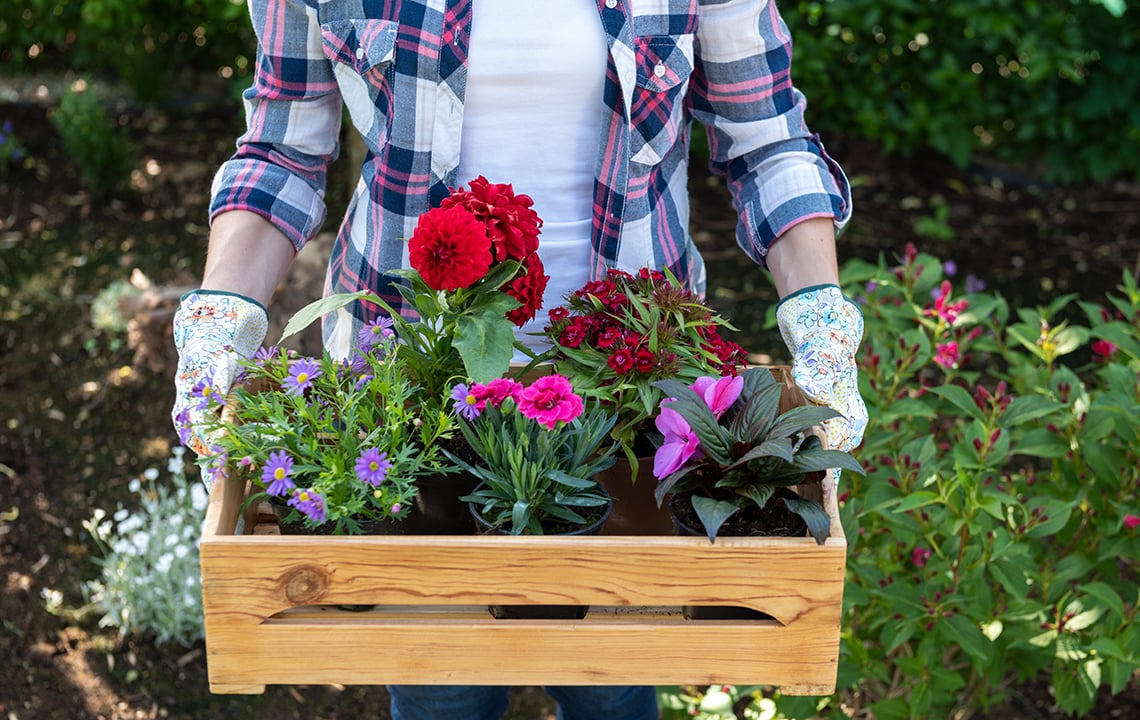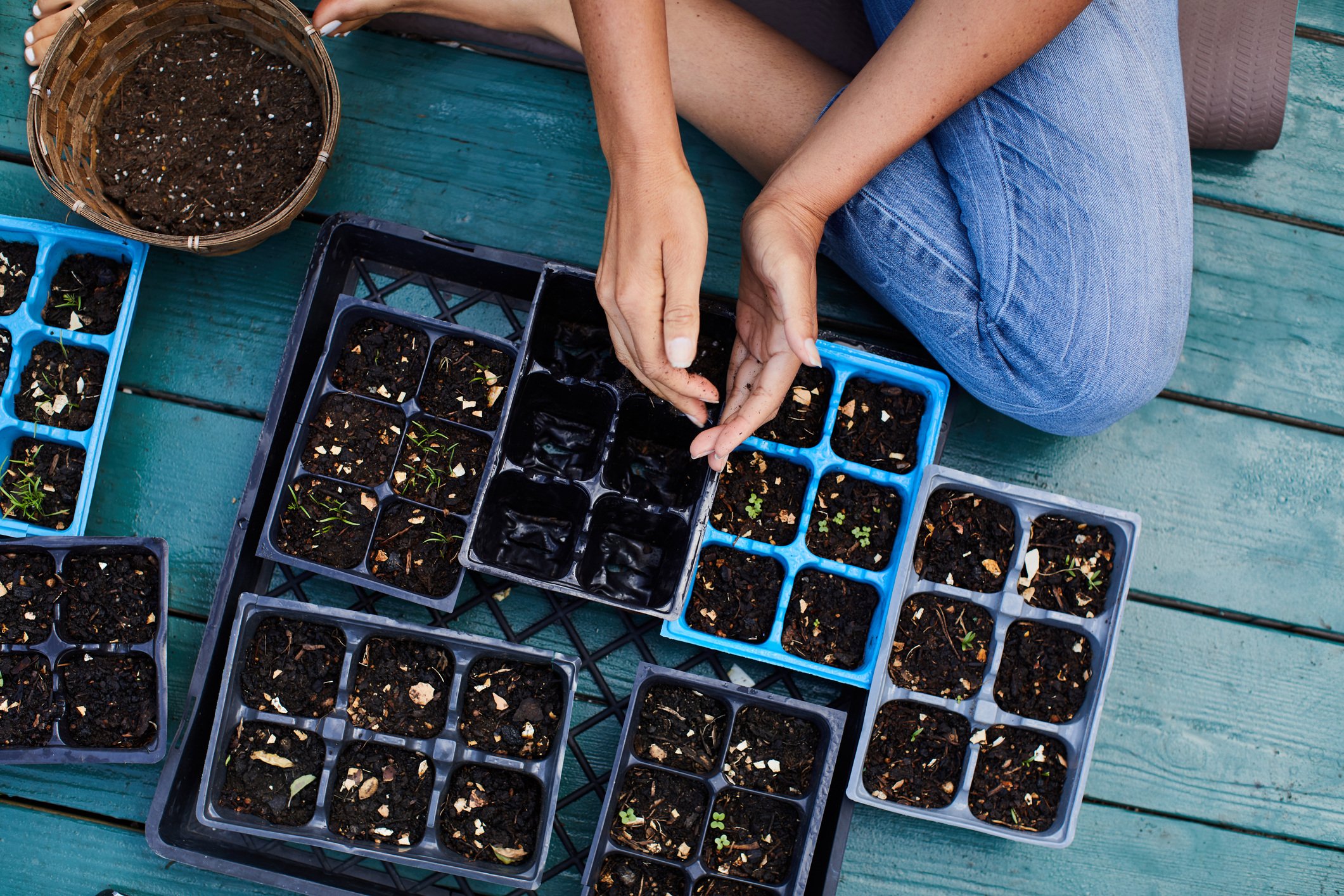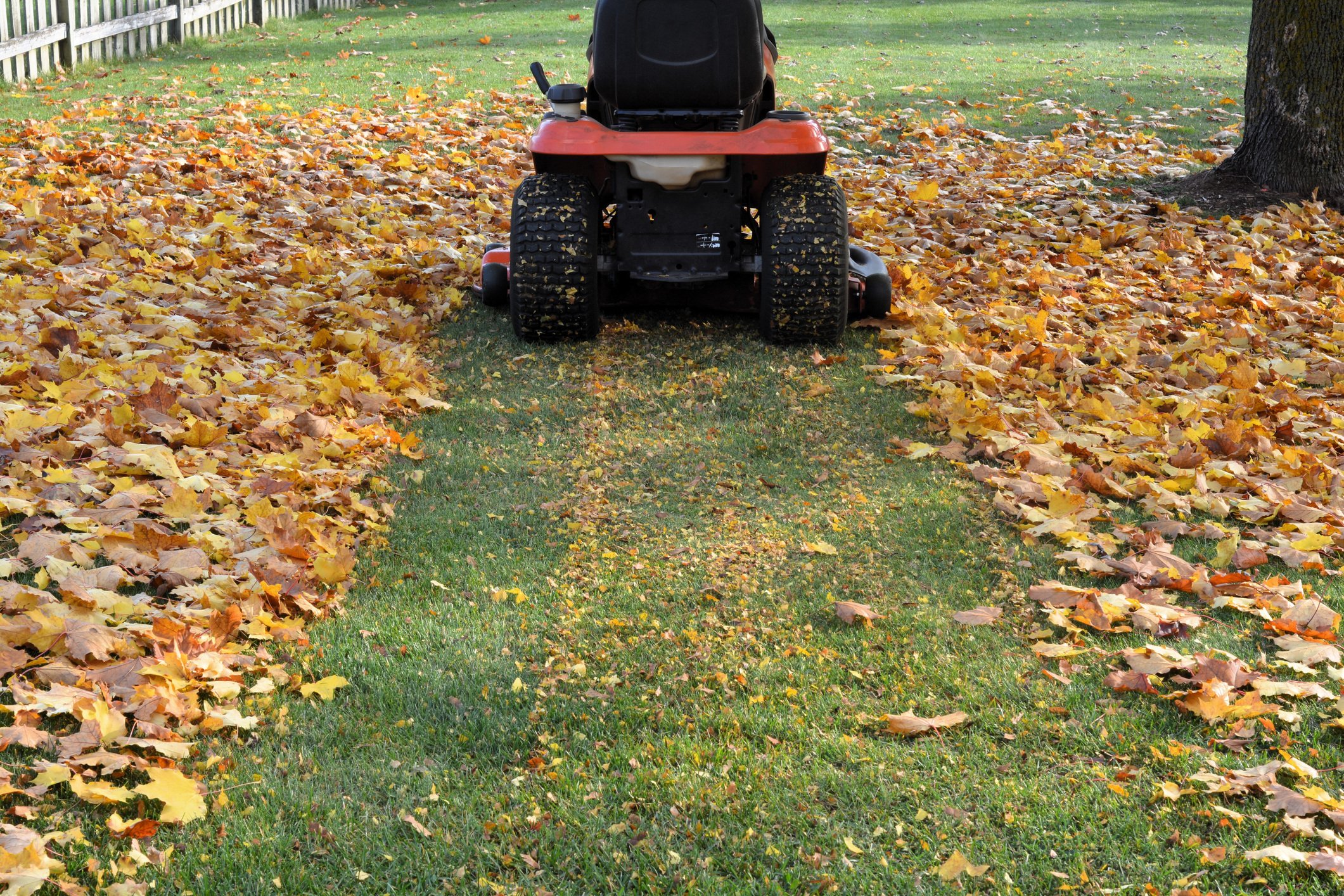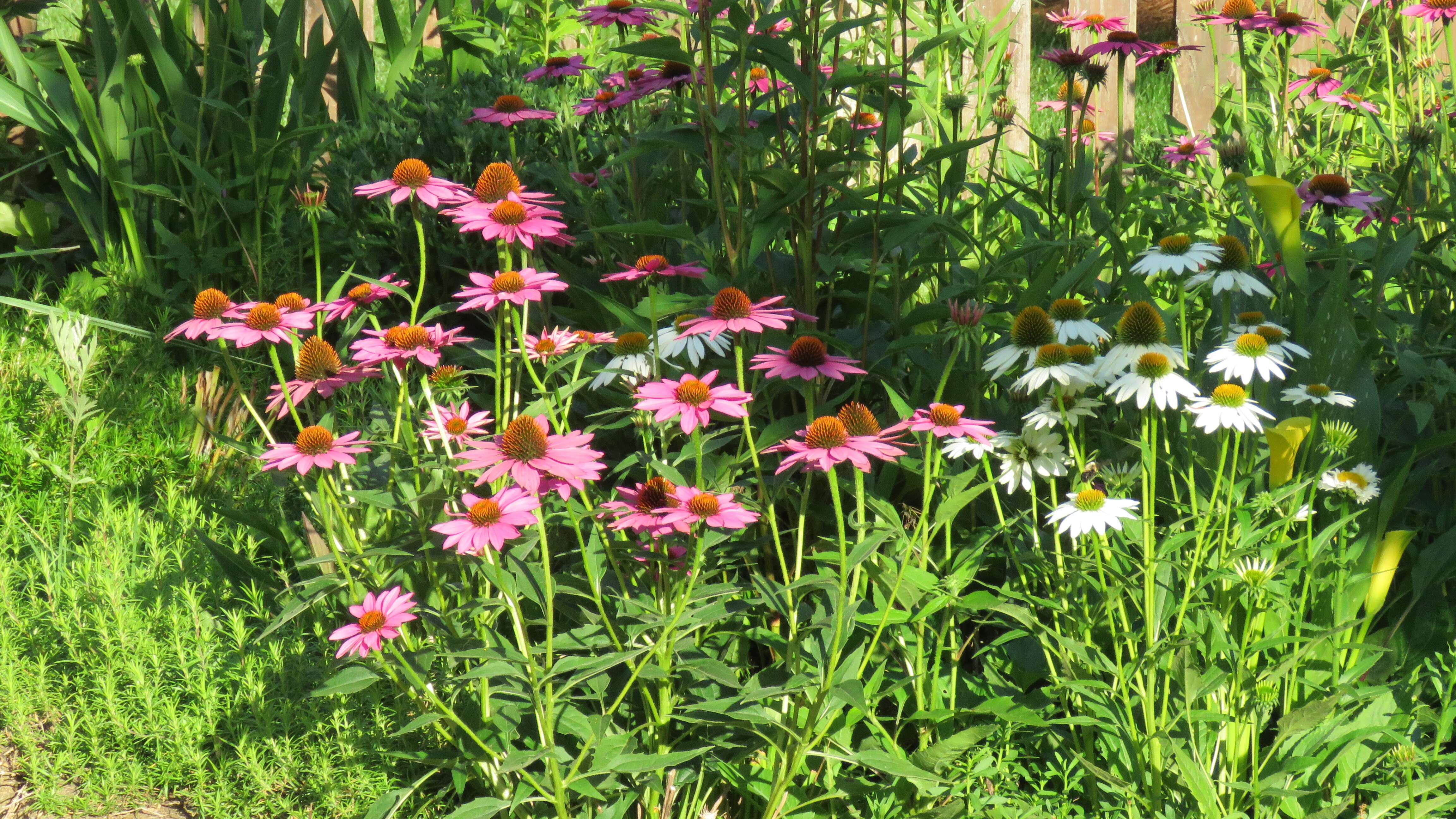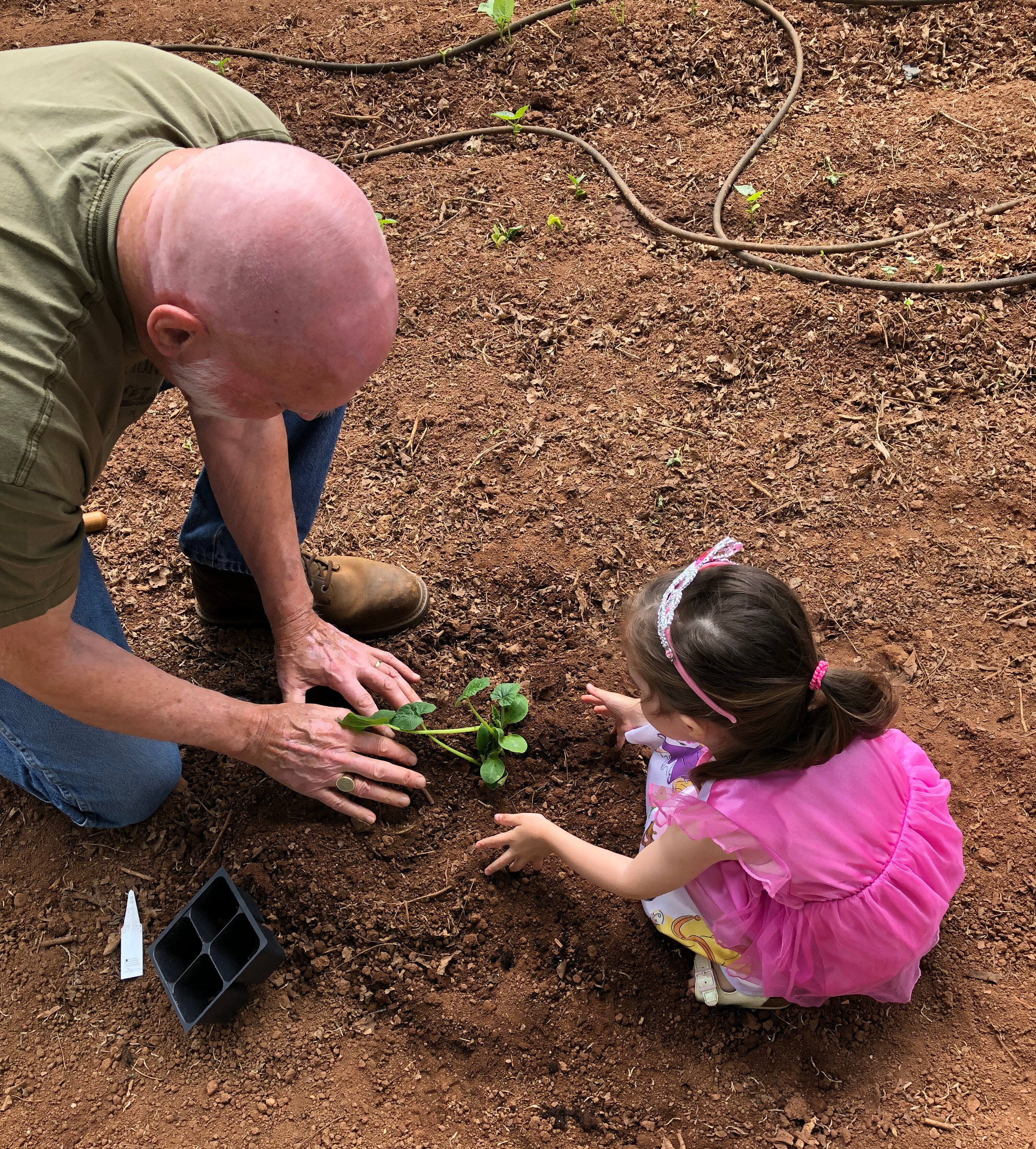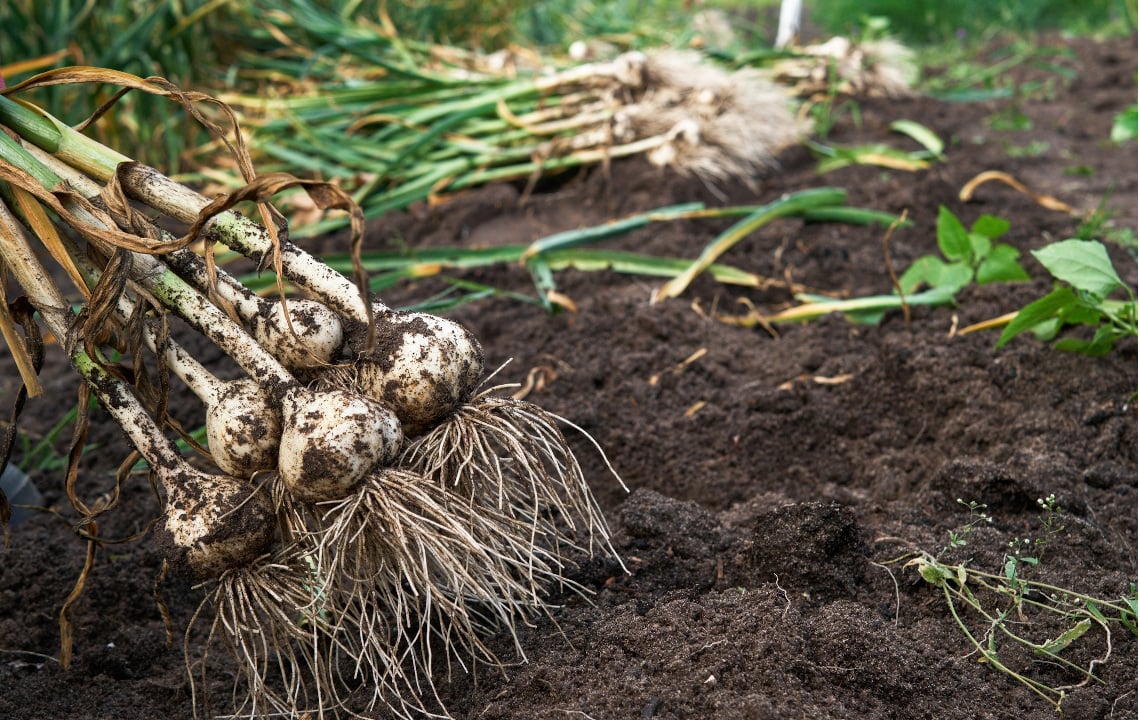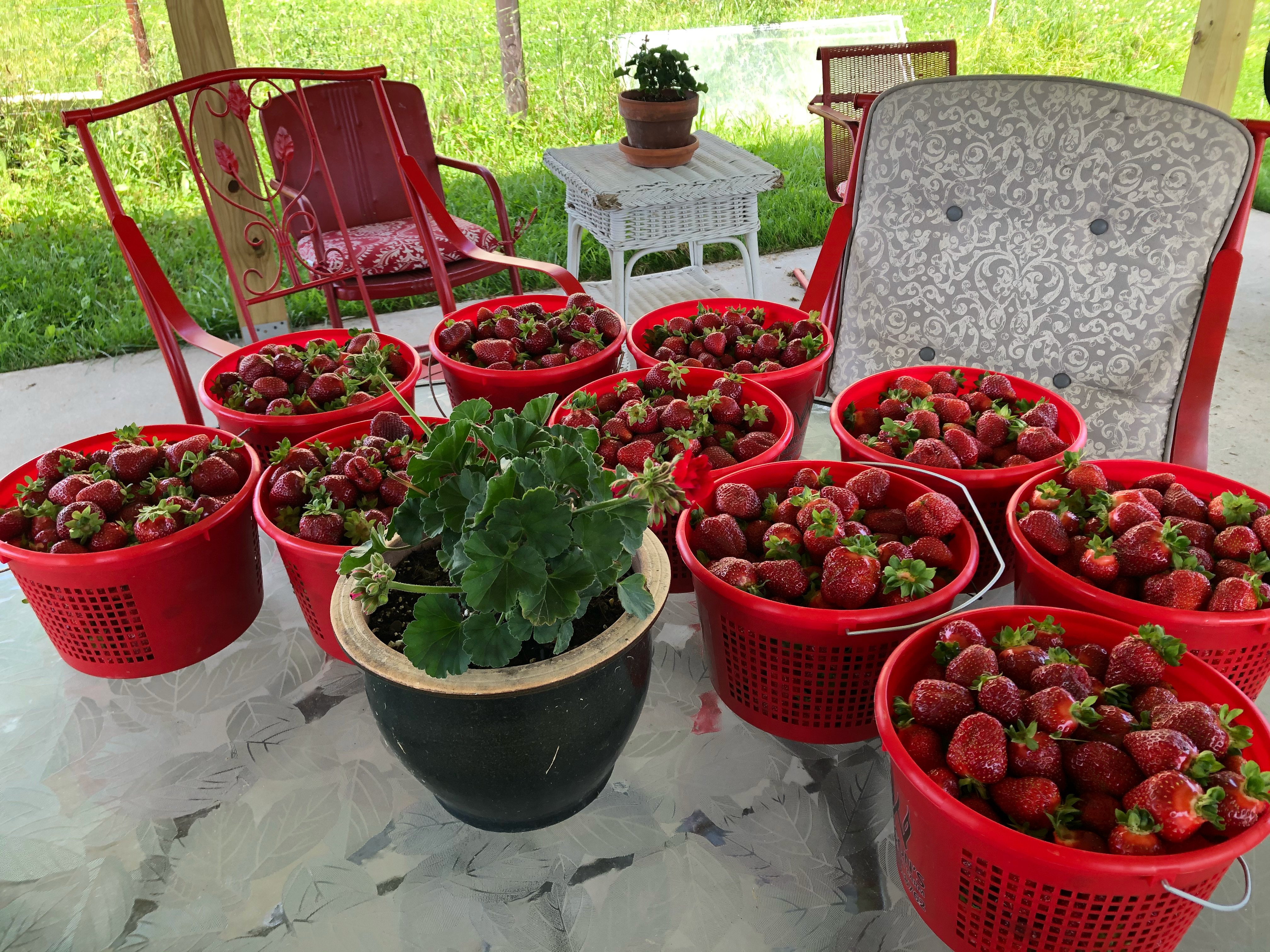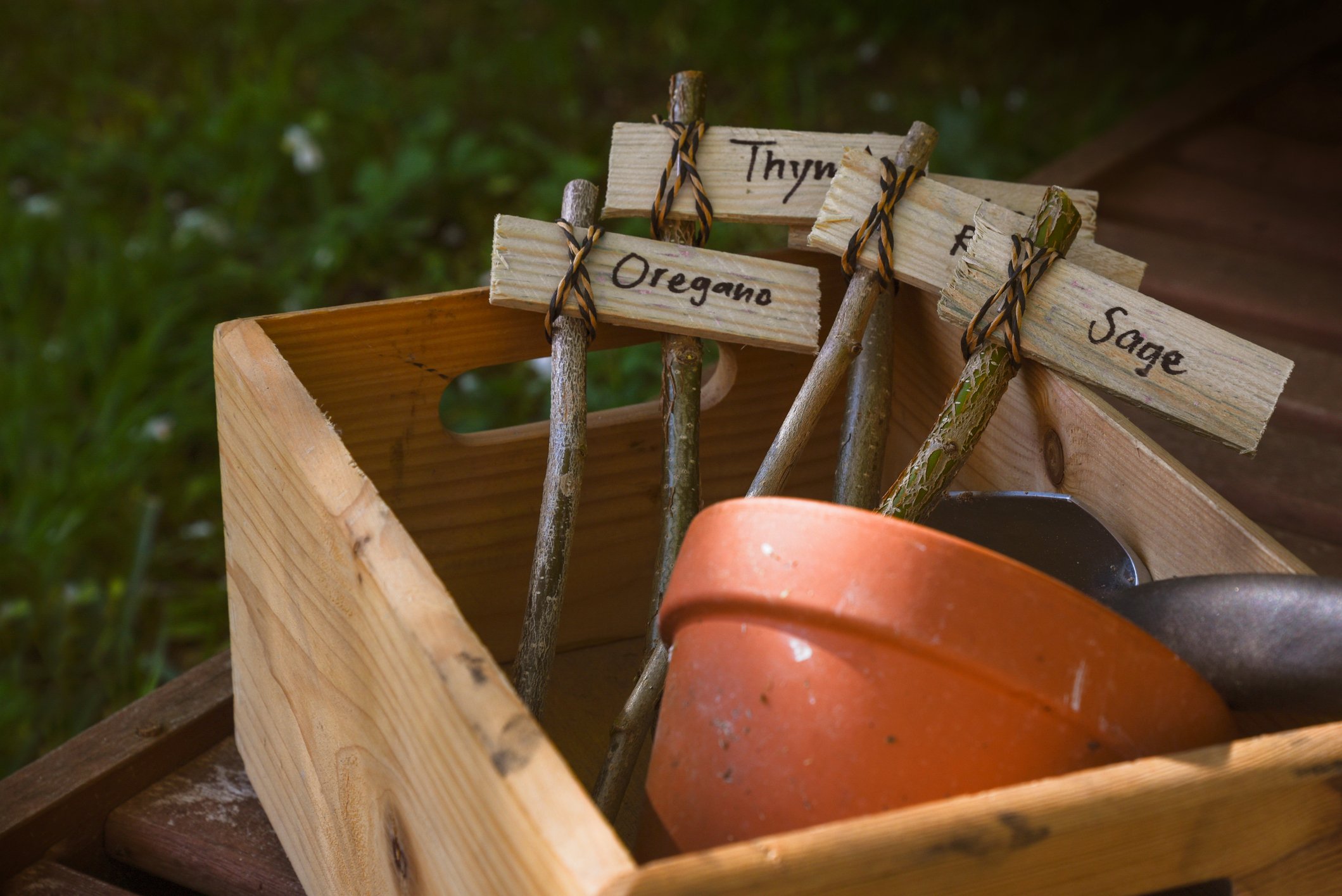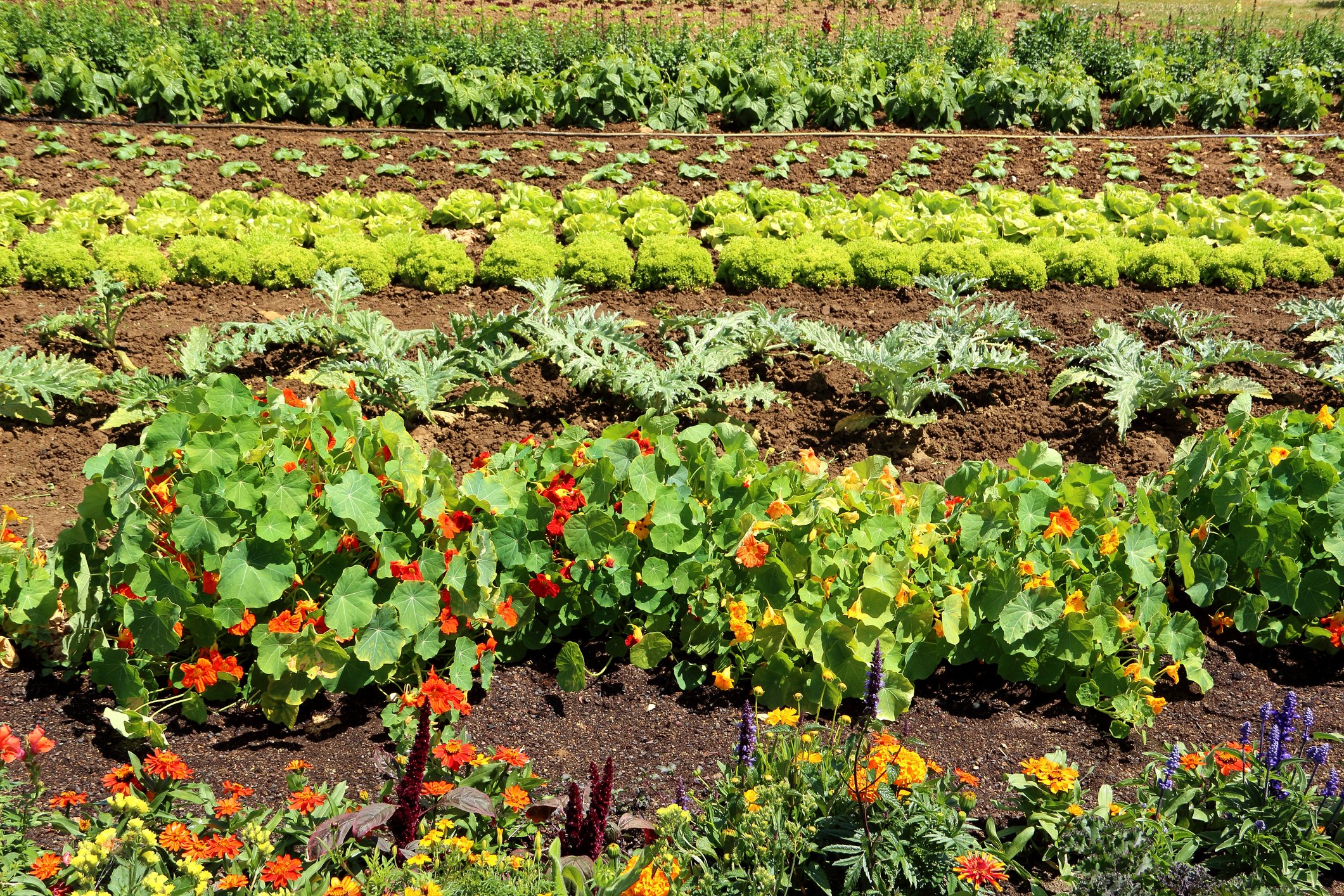Research shows gardening can boost your heart health, reduce stress and strengthen your brain!
Over the years, we’ve discovered the many ways rural living can help enrich your health, reduce stress and even extend your life.
Today, we turn our focus to the newly discovered health benefits of gardening (and they are impressive!).
Researchers have found that all types of gardening have a specific impact on aging, cognitive health, mental well-being, weight and even lifespan...which is great news for land owners, homesteaders and hobby farmers/gardening enthusiasts.
The best part? You don’t have to have a green thumb or special talents to reap the benefits of growing—just a willingness to jump in and get dirty.
Here are 5 proven ways gardening could help you fight aging and increase your lifespan:
#5: Gardening improves your heart health and reduces death by any cause
Heart disease remains the #1 killer of Americans (men and women) in most states, with cancer close behind.
While medical experts agree there are many causes of heart disease—from poor diet, to stress, to genetics and more—new research published in the British Medical Journal shows you can reduce your risk of heart attack and stroke by gardening.
The 12-year Swedish study looked at more than 4000 people over age 60 who did not exercise vigorously on a daily basis.
They found that those who exercised modestly through activities like gardening, picking berries, walking, cutting the lawn and even fixing up their cars had a 27 percent reduction in strokes and a 30 percent reduction in death by any cause.
That means you could increase your longevity by 30 percent by starting a garden or simply meandering around, tending to your property.

Other research including this study from the journal of inflammation research has shown that regular contact with the soil (also known as “earthing” or “grounding”), also benefits your heart by increasing heart rate variability, reducing arterial clumping, and curbing production of stress hormones, which improves sleep, thus benefiting your heart and longevity.
How the heck does this work?
As any anatomy book will tell you, the human body is as much electrical in nature as it is chemical (if not more).
Our brains, nervous systems and heartbeat all function through electrical impulses, which can be measured by EKGs or MRIs. Our electrical systems are naturally positive in nature, and thus can become imbalanced when we come into contact with too many other positive electrical stimuli, such as electronics.
Conversely, the earth we walk on and the waters we swim in carry a naturally negative charge. This provides humans with an unlimited supply of health-giving, grounding, negatively-charged electrons.
Science has shown that these negatively-charged electrons act as powerful antioxidants, which reduce inflammation in the body, thus benefiting our health and longevity in numerous ways.
The only catch is: you have to actually physically touch the earth or ocean regularly to receive the benefits of these health-promoting antioxidants.
We discuss the full health benefits of grounding at-length in our previous article: How Earthing Could Change Your Health.

#4: Gardening reduces depression and anxiety while increasing your sense of life satisfaction
As we age, our risk of depression increases—especially if we suffer from a chronic health issue or live alone with limited access to friends and family.
While some people would address this by moving into a planned community or retirement home, many land owners and country folk would rather die than leave their beloved properties.
Thankfully, there are other ways to prevent depression and anxiety as we age: and gardening is one of them.
A 2016 global meta-analysis of 22 case studies showed that gardening helped prevent and combat depression and anxiety by helping people relax. It also increased subjects’ feelings of life satisfaction, which directly correlates to health and lifespan.
Research has also shown that working within a community garden setting helps combat loneliness and isolation—which can further reduce your risk of depression and even extend your life.
#3: Spending time in the garden can enhance cognitive health and reduce the risk of dementia by 36 percent
Cognitive health issues, such as brain fog, memory problems and full-blown dementia have become a major health issue for folks young and old.
One new solution many doctors recommend is to get outside more and spend less time indoors on screens and devices.
The cognitive health benefits of time spent in greenspace have been proven by numerous studies. However, it appears that gardening or “horticulture therapy” has a particularly beneficial effect on reducing your risk of dementia.
In fact, one study proved gardening can reduce your risk by 36 percent!
Gardening has also shown other promising cognitive health benefits, including: improved memory, attention, ability to learn new things, retention and reduction in stress hormones.

#2: Growing your own food can automatically improve your nutrition and weight
If you or your family struggle to get enough fruits and veggies into your diet, gardening may be the perfect solution.
According to this study by Harvard University, growing your own food often inspires you to eat more fresh fruits and vegetables, plus it can help minimize exposure to potentially toxic pesticides and provides more nutrient-dense food than store-bought produce.
Plus, when you eat healthier it helps you maintain a healthy weight...which is key in creating overall health and improving longevity.
#1: Gardening enhances your sense of self-esteem and helps boost your mood
It’s now been proven beyond a shadow of a doubt that your mental health can directly impact your physical health.
This means we all need to pay more attention to our stress levels and everyday moods.
Gardening, either by yourself, with a friend or in a community setting, has been shown to create a positive impact on mood, increase sense of responsibility, reduce cortisol levels (your stress hormones) and create feelings of calm and satisfaction, as evidenced in this study on the therapeutic effects of gardening.
It’s also been proven helpful for improving sleep patterns—which is important to note as those who suffer from sleep disorders have a higher incidence of mood and mental health issues.
Ready to get started gardening for better health and longer life?
We have a variety of articles to help you get started on any type of gardening—from growing beautiful cut flowers, to super foods to full-on-farming. Check them out here.
And remember, the whole point is to get outdoors and relax in the process (in other words: focus on the process, not the outcome).
How much gardening do you have to do to reap the health benefits?
Most of the studies referenced here recommend about 30 minutes of gardening per-day, which could include weeding, harvesting, planting, wandering around, socializing while you work or even just reading outdoors in your green space.
Enjoy!


